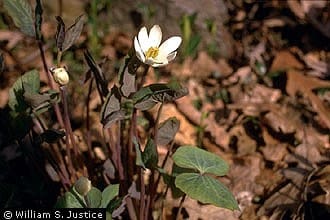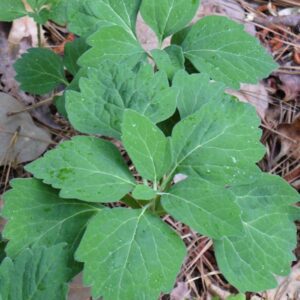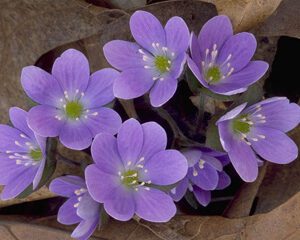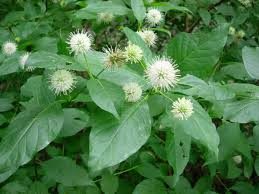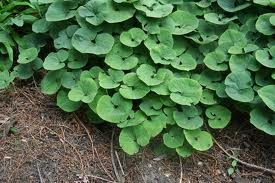Jeffersonia diphylla, Twinleaf, Wholesale Native Bare Root Perennial
$8.00
200 in stock
Jeffersonia diphylla, Twinleaf, Wholesale Native Bare Root Perennial
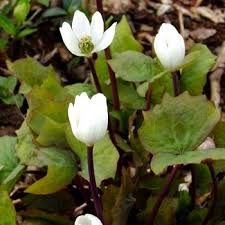
(requires a minimum purchase of 5 plants)
5 or more $8.00 each
25 or more $4.00 each
50 or more $2.50 each
300 or more $2.25 each
Wholesale pricing is based on quantity.
For Shipping, Install and additional info please see “About Bare Root“.
Native bare root ferns are dug and shipped while dormant, mid November to early spring.
See all available Native Bare Root Perennials
Check the native status of this species in your area : here
Order Minimum
There is a minimum order total of $150.00.
before tax (VA residents only) and shipping.
There are NO EXCEPTIONS.
Description
Jeffersonia diphylla, Twinleaf, Wholesale Native Bare Root Perennial
Attractive Flowers:
Average to moist soil:
Beneficial Insects:
Butterflies:
Deer Resistant:
FAC – Occur in wetlands and non-wetlands:
Groundcover:
Herbaceous plant:
High Wildlife Value:
Loamy Soil – mostly silt, sand, some clay:
Moist Soil:
Native To Mountain Regions:
Native to Piedmont Regions:
Occasionally wet soil (non-tidal):
Organic soil – high level of decayed leaves, bark:
Part – Full Shade (less than 4 hours):
Perennial:
Pollinator support:
Songbirds:
Threatened / Endangered:
Wildflower:
Woodland flower:
Jeffersonia which is also known as twinleaf or rheumatism root, is a small genus of herbaceous perennial plants in the family Berberidaceae. They are uncommon spring wildflowers, which grow in limestone soils of rich deciduous forests.
Best grown in moist, humusy, well-drained, limestone soils in part shade. Tolerates full shade. Plants are best sited under the canopies of large deciduous trees where they will receive part sun in spring before the trees leaf out, but are well-shaded throughout the heat of the summer. Appreciates mulch to help keep the roots cool.
Noteworthy Characteristics
Twinleaf is a somewhat uncommon spring woodland wildflower that is native from New York to Wisconsin south to Alabama and Virginia. It is usually found in limestone soils in rich damp woods. It is a clump-forming plant that typically grows to 8” tall when in flower in early spring, but continues to grow thereafter eventually reaching 18” tall by the time its fruit ripens. Features long-stemmed, blue-green basal leaves (to 6” long) which are deeply divided into two lobes that give the appearance of being two separate leaves, hence the common name. In early spring (April), white cup-shaped flowers (1” diameter) bloom singly atop rigid leafless stalks to 8” tall. Each flower has eight petals. Flowers are somewhat reminiscent of bloodroot, but the plants are unrelated and in different families. Fruit is an interesting pear-shaped dehiscent pod with a lid. Genus name honors Thomas Jefferson.
For Shipping, Install and additional info please see “About Bare Root“.
Native bare root ferns are dug and shipped while dormant, mid November to early spring.
See all available Native Bare Root Perennials
Check the native status of this species in your area : here
Related products
-

Pachysandra procumbens, Allegheny pachysandra, Native Bare Root Perennial
$8.00 Add to cart -

Hepatica nobilis acuta, Evergreen Sharp lobed hepatica, Native Bare Root Perennial
$8.00 Add to cart -

Cephalanthus occidentalis Buttonbush 24″ FRESHLY cut to order Live Stakes, Native Live Stakes For Erosion Control
$1.80 Add to cart -

Asarum canadense, Wild Ginger, Native Bare Root Perennial
$4.00 Add to cart
